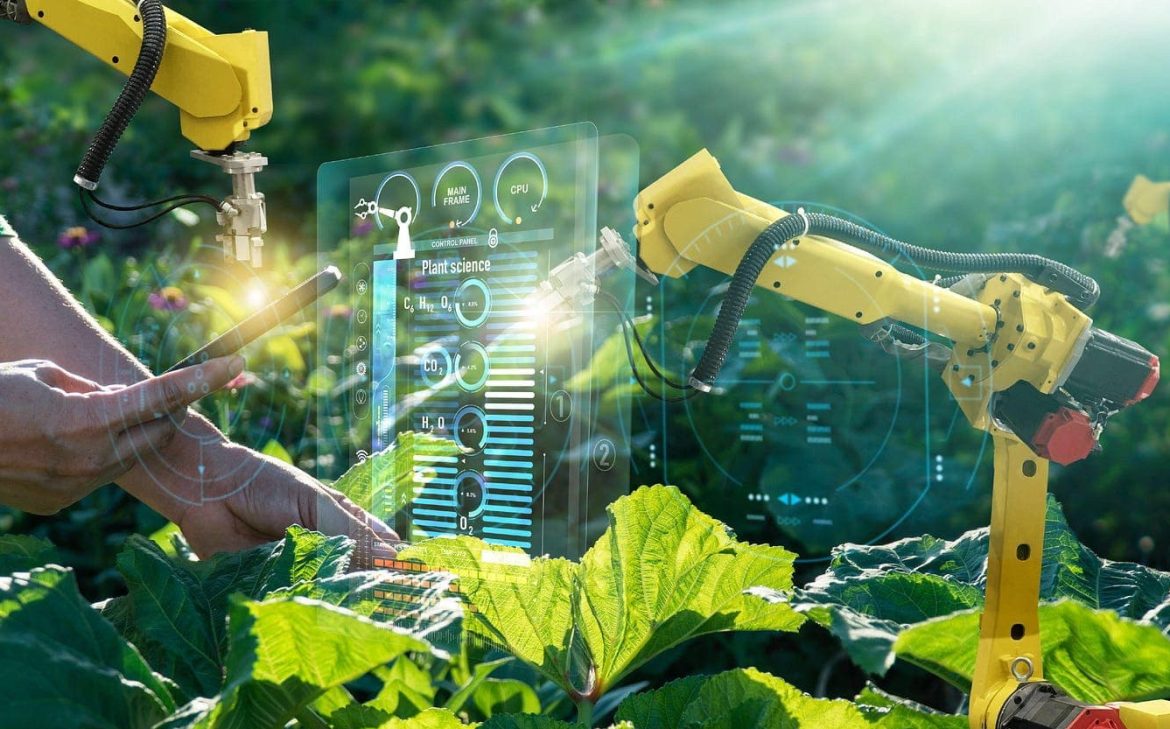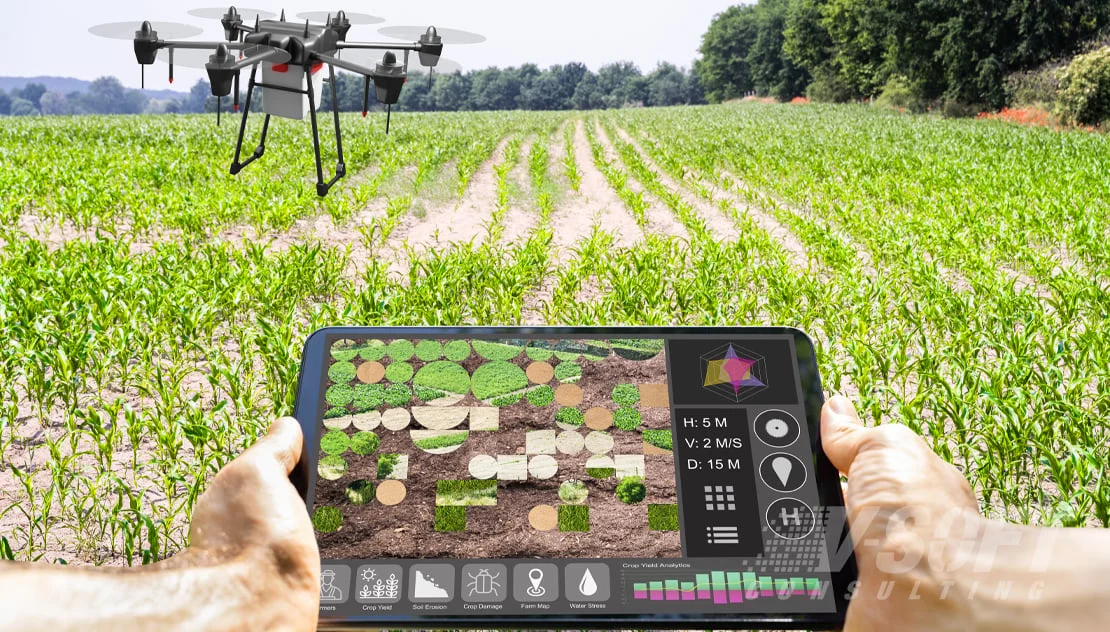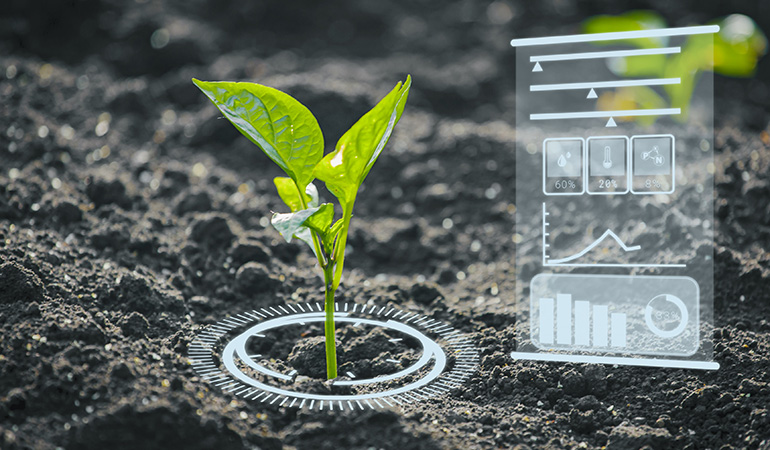Artificial Intelligence (AI) is revolutionizing agriculture by offering smart solutions to increase productivity, reduce waste, and address critical challenges like climate change and food security. Understanding how AI works in agriculture can help farmers and organizations make better decisions and improve crop yields efficiently.
What is AI in Agriculture?
AI in agriculture refers to the application of technologies like machine learning, computer vision, and data analytics to monitor, predict, and optimize farming activities. These AI-powered tools can automate processes and provide insights to support precision agriculture.
How AI Works in Agriculture
AI systems in agriculture gather and analyze large volumes of data from various sources, including drones, sensors, satellites, and weather stations. By processing this data, AI can provide real-time recommendations for crop management, irrigation, soil health, pest control, and harvesting schedules.
Key AI Techniques Used
Machine Learning: Helps predict crop yields, identify plant diseases, and optimize resource usage based on historical data.
Computer Vision: Uses image recognition to monitor crop health, detect weeds, and identify pests through drone or satellite imagery.
Robotics: Supports automation in planting, harvesting, and crop monitoring with minimal human intervention.
Predictive Analytics: Provides forecasts on weather patterns, soil conditions, and potential disease outbreaks to help farmers take preventive actions.
Natural Language Processing (NLP): Assists in analyzing agricultural research and market trends from unstructured data like news articles and scientific papers.
Benefits of Using AI
AI improves crop quality, boosts productivity, minimizes resource wastage, and enables timely decision-making. It helps farmers optimize water usage, reduce pesticide application, and respond quickly to environmental changes.
Limitations to Keep in Mind
AI solutions require high-quality data and significant investment in technology and training. Small-scale farmers may face challenges in accessing or adopting these advanced tools without proper support.
Conclusion
Understanding how to use AI in agriculture allows farmers and agribusinesses to transform traditional farming into a more sustainable and efficient process. By combining AI technology with farming expertise, the agricultural sector can better meet the growing demands of the global population.







Leave feedback about this